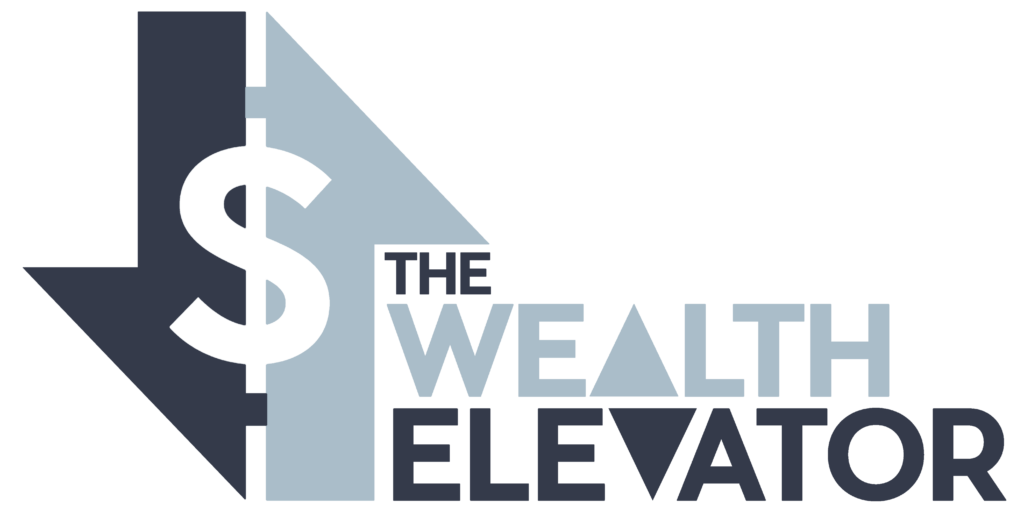


The
De Minimis
Safe Harbor
Let’s dive into a little-known but incredibly valuable tax write-off strategy: the “de minimis safe harbor.”
First things first, to leverage this tax advantage, there are four essential steps you need to take. It’s crucial that each of your businesses or entities meets these requirements. Here’s a breakdown:
-
2024 Action Plan: Establish an accounting policy that expenses any property costing $2,500 or less per invoice item before the end of 2024. This should be documented in your corporate minute books with proof of enactment date. If you’ve already got a plan covering 2025, you’re ahead of the game.
-
2025 Checklist: Set up and use an account in Quick Books (or similar) named ‘De Minimis Expenses’ for all invoices or receipts under $2,500. This makes your tax preparer’s life easier, though they might have specific tweaks to this approach.
-
2025 Continued: Ensure each item is separately listed on invoices or receipts. Keep these documents safe – digital backups are a good idea. Maybe delegate the scanning task to someone who can handle the details.
-
2026 Reminder: Your tax preparer must opt to expense these items on a timely filed return for each business entity. This includes various schedules on Form 1040. A gentle nudge to your CPA might be necessary, and always double-check their work.
SAMPLE DOCUMENT
[Company Name]
Effective January 1, 2025, Executed [December __, 2024]
For both book and tax purposes, the company shall expense assets costing $2,500 or less on a “per- invoice/receipt” or “per-invoice/receipt listed item” basis.
[Your name plus your position with the Company]
State of [__] County of [__]
)SS:
On this, the [__] day of [December, 2024], before me a notary public, the undersigned officer, personally appeared, known to me (or satisfactorily proven) to be the person whose name is subscribed to the within instrument, and acknowledged that he executed the same for the purposes therein contained.
In witness hereof, I hereunto set my hand and official seal.
[Notary Public]
Remember, consistency across your returns and books is key. Be cautious about altering records for different audiences like banks or investors, as this can lead to legal issues. I’d put this policy in place for each entity and each business. I would also have one policy for each Schedule C business on your personal tax return and for your rental properties if they are listed in Schedule E of your personal tax return.
It is important that EVERY item that qualifies be expensed on BOTH your returns AND your books. The latter can be a problem if you want your books to “look good” (i.e. – show more income) for banks or investors. What you show the bank needs to match the return or you risk committing loan fraud. It’s OK to negotiate item on the return with the bank (e.g. – ignore depreciation). Filing a return that looks good for the bank (i.e., skip some deductions, etc.) and then amending later to look good for the IRS IS LOAN FRAUD. Do NOT do that!
Just a reminder… Unfortunately, Congress creates lots of hoops to jump through. The one that usually gets people here is “Accounting plan in place at end of prior year.”
If you found value in this discussion and are keen to explore more about real estate, taxes, and passive income strategies for high net worth investors, I encourage you to follow me and upvote this post. For further insights, check out my podcast and YouTube channel on my profile. And for an in-depth guide, check out my latest book “The Wealth Elevator.”
Happy investing!
begin your journey to financial freedom!
My name is Lane Kawaoka, and I hope my blog/podcast will help families realize the powerful wealth-building effects of real estate so they can spend their time on more important, instead of working long hours and worrying about their financial troubles. There are a lot of successful families with good jobs (teachers / engineers / programmers / finance) yet they struggle to make ends meet financially. It is their kiddos who ultimately get the short end of the stick. Being a Latch-Key Child growing up, both my parents had to work and I was left home alone after school to fiddle with my thumbs.
With Real Estate you are able to grow your wealth exponentially faster than the conventional 401K’s and stock investing, therefore you are able to escape the dogma of working 50+ hour weeks at a job that is unfulfilling. And if you are one of the lucky ones who happen to do what you enjoy… well good for you 😛
Money is not everything but it is important because it gives you the freedom to live life on your terms.
Annoyed by the bogus real estate education programs out there (that take money from people who don’t have it in the first place), I set out to make this free website to help other hard-working professionals, the shrinking middle-class. I hope to dispel the Wall-Street dogma of traditional wealth-building, and offer an alternative to “garbage” investments in the 401K/mutual funds that only make the insiders rich. We help the hard-working middle-class build real asset portfolios, by providing free investing education, podcasts, and networking, plus access to investment opportunities not offered to the general public.
“The true meaning of wealth is having the freedom to do what you want, when you want, and with whom you want.
Building cash flow via real estate is the simple part. The difficult part occurs after you are free financially to find your calling and fulfillment.
But that’s a great problem to have ;)”
excerpt from The One Thing That Changed Everything


